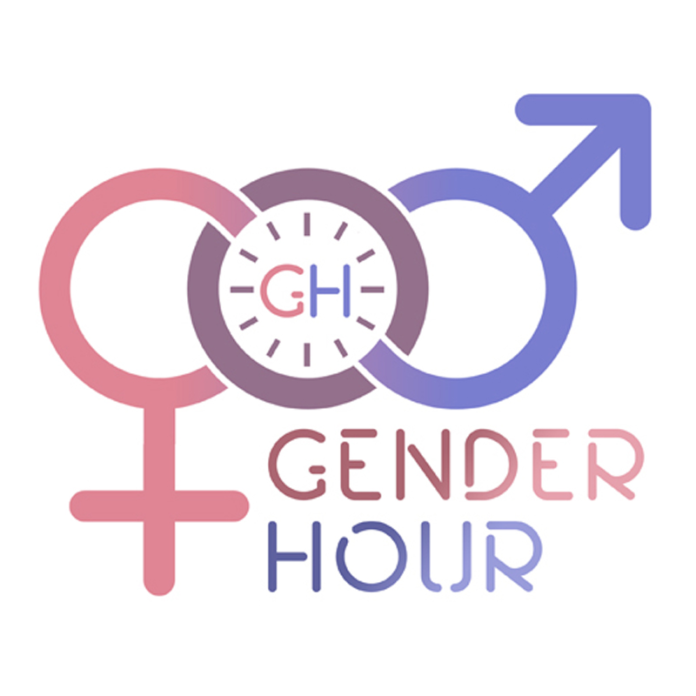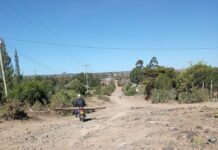Gender Hour
The Weekly Radio Programme on Gender
The Gender Hour (GH) programme is here at last, coming to you soon on Radio Baraza (RB). But first here is the backstory.
History of the GH Programme
Back In 2006, the Producer and Executive Director at Development Through Media (DTM), led its creative team in conceptualising an idea for a TV programme series titled Gender Hour (GH). Its mandate was to promote various facets of the gender discourse, first on weekly, and later on daily basis. Little did we know how much the funding Zeitgeist then, would make it difficult to sell the idea along with the possibility of its long-term implementation and impact. So, sadly, we had to put the idea on hold.
13 Years have since gone by, yet the idea remains alive in our hearts and consciousness. Fortunately the passage of time has also brought with it opportunities previously unavailable. Now we can commandeer Radio Baraza (RB), CSOs’ very own platform, to rollout the GH programme. RB combines content production and promotion strategies with a broadcast component dedicated purely to the promotion of development-oriented information. RB is hence proving to be CSOs’ and the overall development sector’s answer to our collective media content development and broadcast needs across all development themes. With RB, we can now redesign GH as a radio programme for the purposes of keeping Gender issues alive through constant interrogation and promotion in ways that steer informed public discourses.
The idea for GH draws strength from the successful efforts by gender proponents and programme implementers of the 90s and the first decade of the 2000s. During this period, DTM was among the media-based CSOs selected to work collaboratively with thematic partners in the areas of governance, democracy, etc., to implement many of the gender programmes of the time including the long-running Gender and Governance Programme (GGP) of 2001-2013. These programmes contributed to the positive changes realised during this period, with the ultimate reward being the inclusion of progressive gender provisions in the Constitution of Kenya, 2010 (CoK, 2010). It is our guided opinion that the current “backlash” on these gains, even though temporary are partly the result of weaknesses in the implementation approaches in the overall development sector and especially in the gender thematic area. It is possible that over-emphasis by funding partners and CSOs on “ticking” the results “boxes” could be hoodwink us into taking our eyes off the ball once the boxes have been ticked. We are now painfully aware that the promulgation of the new constitution on August 2010 was not necessary “the end of work”. The GH radio series now provides a safe space for organising regular sessions that bring together gender experts, proponents, opponents, beneficiaries and leaders, to further promote understanding of gender concepts, explore different thoughts and ideas about them and hopefully in the process, help improve sustainability of outcomes. GH will venture to amplify all voices especially the less heard; those of women, youth and other marginalised groups rarely targeted by mainstream media. In addition, by participating in the planned radio programmes, the capacities and skills of the target groups for engaging in public spaces in general and the media in particular, will be enhanced.
Philosophy
GH’s philosophy is therefore quite uncomplicated; it is to enhance public education and sensitisation on the importance of women and men working together for the betterment of society; to keep women and men at ease about gender in general and the notion of women’s empowerment, in particular; to share information about gender equity and equality in more sensitive and palatable; to build the capacities of the target groups in engaging with the media and other public spaces.
Back to the Basics
In Season 1, we take a trip “Back to the Basics” of gender discourse. This is important for many reasons. First, it would appear that some of the older generation of Kenyans, who once fully bought into the idea of gender equality and equity and even got appointed to public offices on this account, might have had a re-think since today, they seem less supportive. This is contributing to the backlash on gender gains. Second, some members of the younger generation, the millennial, majority of whom operate outside the development sector, might by default, have been left behind the gender discourse loop, given that the current implementation strategies seem to have discarded the basics for understating gender. This is an undesirable situation since the lifespans of the millennial generation will essentially revolve around the implementation of the CoK, 2010. Third, we at DTM believe that basic training on gender will remain useful for laying the foundation for understanding the “why” of gender concepts from which both personal and collective inspirations for their pursuits can be anchored. So we have a number of ideas starting right here, with 12 episodes on foundational basics on gender to be produced in season 1. The episodes will broadcast on Radio Baraza and also made available for re-broadcasting and Social Media use. Radio Baraza presents a unique way for making the series available on a 24/7 basis. Listeners will have a chance re-listen to each episode over and again, at their own leisure and pleasure. The series will also be a useful resource for implementers of gender programmes as they will find readily available tools for initial sensitisation of staff, programme targets and beneficiaries, ultimately giving the organisations more time to concentrate on the substantive aspects programme implementation.
We are open to partnerships. Feel free to contact us through the details below:
Socials Connect
Facebook: https://www.facebook.com/radiobarazakenya/
Twitter: https://twitter.com/DTMAfrica #RadioBaraza
Email: admin@dtmafrica.com






